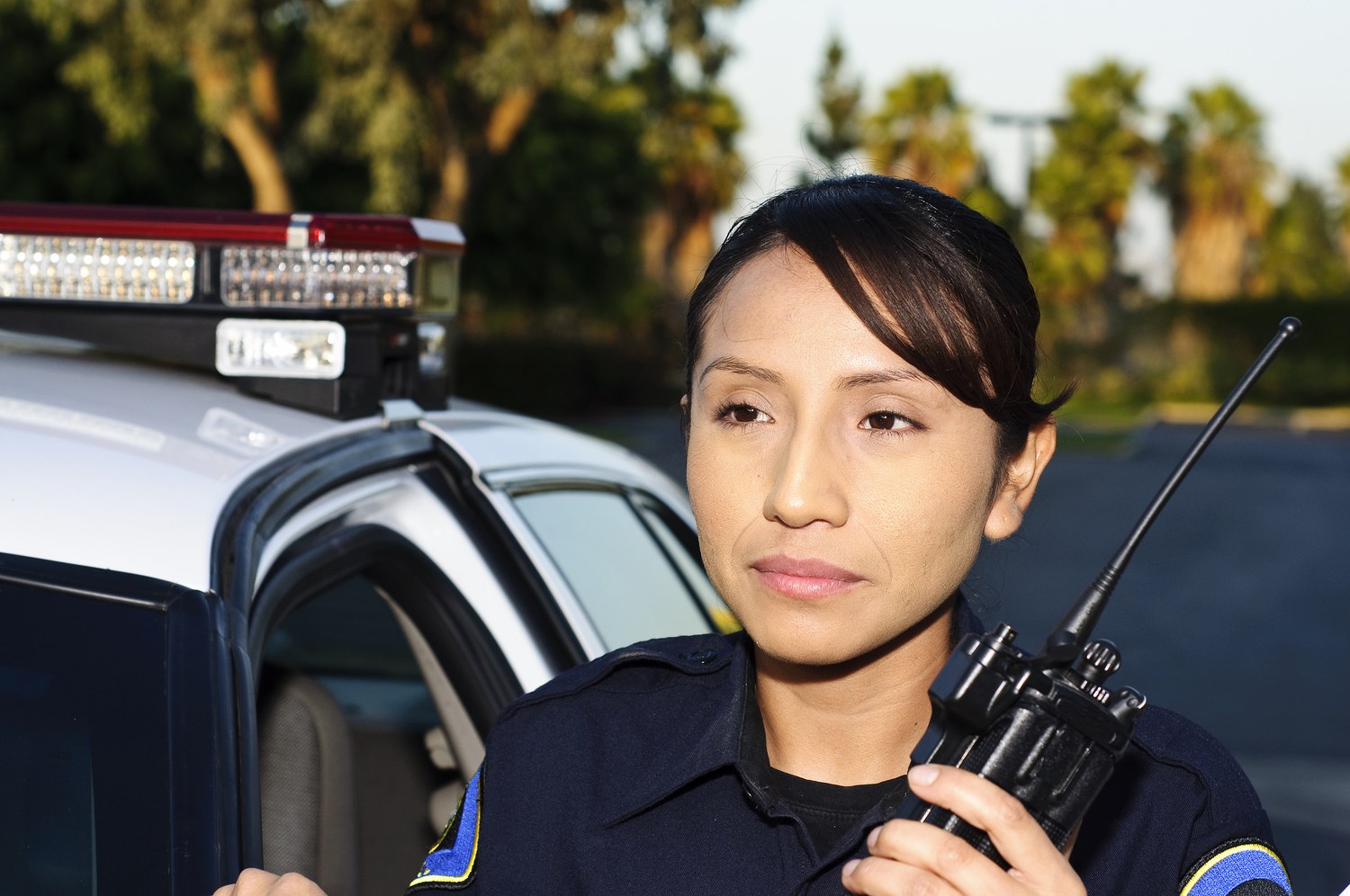Right now, it is still difficult for many hard-working people to meet their living expenses and stay current on paying off their student loan debt. Quite a few who have graduated over the last five to ten years are struggling just as much as when they graduated from college. This is especially true for employees working in the public service sector. However, in just four years; October 2017 to be specific, student loan borrowers can begin the process to have their loans discharged, i.e. forgiven, if they meet the basic qualifications for the Public Service Loan Forgiveness Program.
Public Service Loan Forgiveness Unknown to Many
By some estimates, there are well over 33 million public service workers who may qualify to have their student loans forgiven. This does not include only teachers as many people mistakenly believe. Firefighters, many Health Care Employees, Police Officers and members of the United States Armed Forces also qualify for this program. These workers make up about 25 percent of the entire U.S. workforce and will be needed even more in the future than today. The Public Service Loan Forgiveness Program was developed back in 2007 to encourage them to remain in their chosen careers despite the longer hours and lower wages so many of them have to deal with.
More Jobs Being Created That Qualify
By 2020, the Department of Education expects to need an additional 425,000 teachers. Those aren’t replacements for retiring teachers either. Add to that the number of new health care workers that will be required to help implement the rest of Obamacare beginning in 2014, and it is easy to see that the public service sector is going to see a tremendous amount of growth in the next seven years. These same workers are going to look at performing very important services that are going to transform education and the healthcare industry in this country.
No one becomes a teacher for the big payday. Even senior teachers put in more hours than they are reimbursed for and pay for extra copies of books out of their own pocket to make sure each student has one in the classroom even if they can’t afford one at home. There isn’t a single police officer or firefighter that looks at the job description and thinks “What great hours and even better benefits! Sign me up!” It’s a calling that few people understand unless they have heard it themselves or have close relatives that have answered it in their own lives.
Richard Cordray of the Consumer Finance Protection Bureau perhaps put it best: “Teachers, soldiers, firefighters, policeman — public sector careers invariably involve some effort, some inconvenience or some sacrifice. People give up higher incomes to serve their city, their state or their country. We believe that people who contribute part of their talents, part of the benefits of their education, to society as a whole should not be mired in debt because they stir themselves to the calling of public service.”
It isn’t simply those high-profile positions that qualify though. Secretaries and clerks working for state and city governments can also apply for the Public Service Loan Forgiveness Program. Even many employees working for non-profit organizations are eligible to have their loans discharged if they can meet the criteria.
Qualifications for Public Service Loan Forgiveness
To begin with, you’ll need to be in the Direct Loan program and in and income based repayment or income contingent repayment plan. Once you are in the Direct Loan program with an income sensitive repayment, then you can apply for Public Service Loan Forgiveness. It’s OK if you have had multiple employers, but at the time you apply, you must be employed in a public service sector job. You must also be employed in the public service sector at the time the balance of your student loans is to be forgiven.
That is just what you have to do before the Federal Student Aid Office will even consider looking at your application for loan discharge. While the Public Service Loan Forgiveness Program is not an easy one to navigate, the potential savings can run into the tens of thousands of dollars depending on how much you originally borrowed. Student Debt Relief can help you ensure that when the time comes, you’ll have the money you need to buy a new car or even have a good down payment for a mortgage. You’ve sacrificed a lot to serve your community and your country. Now, it’s time to let us serve you.
Related Articles:
Public Service Loan Forgiveness – Countdown Till Forgiveness
Teacher Loan Forgiveness – A Sign of Gratefulness



